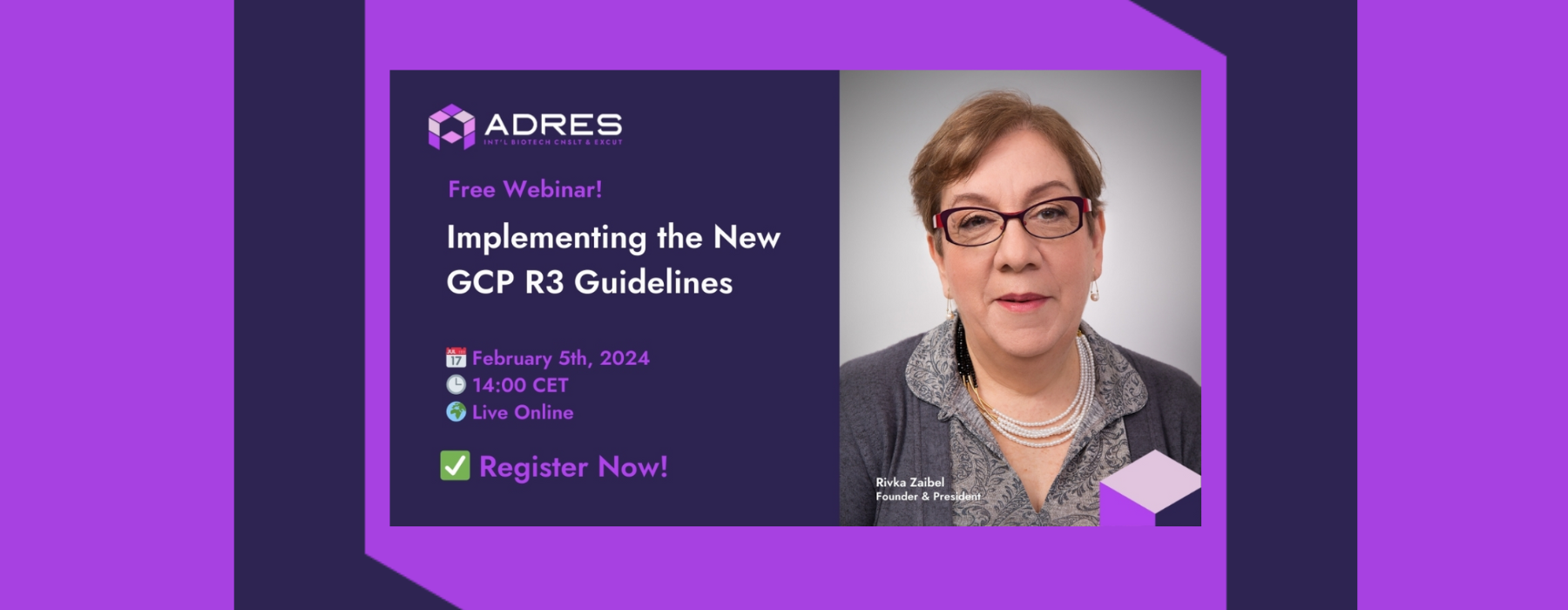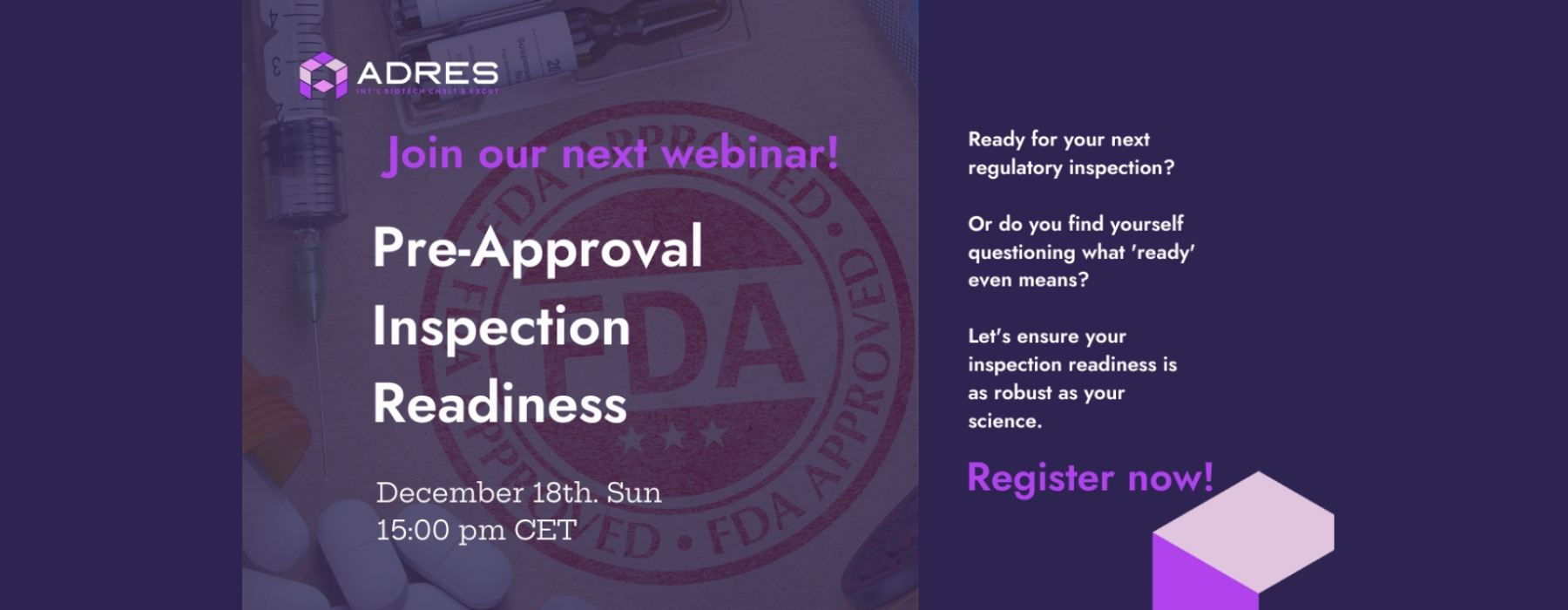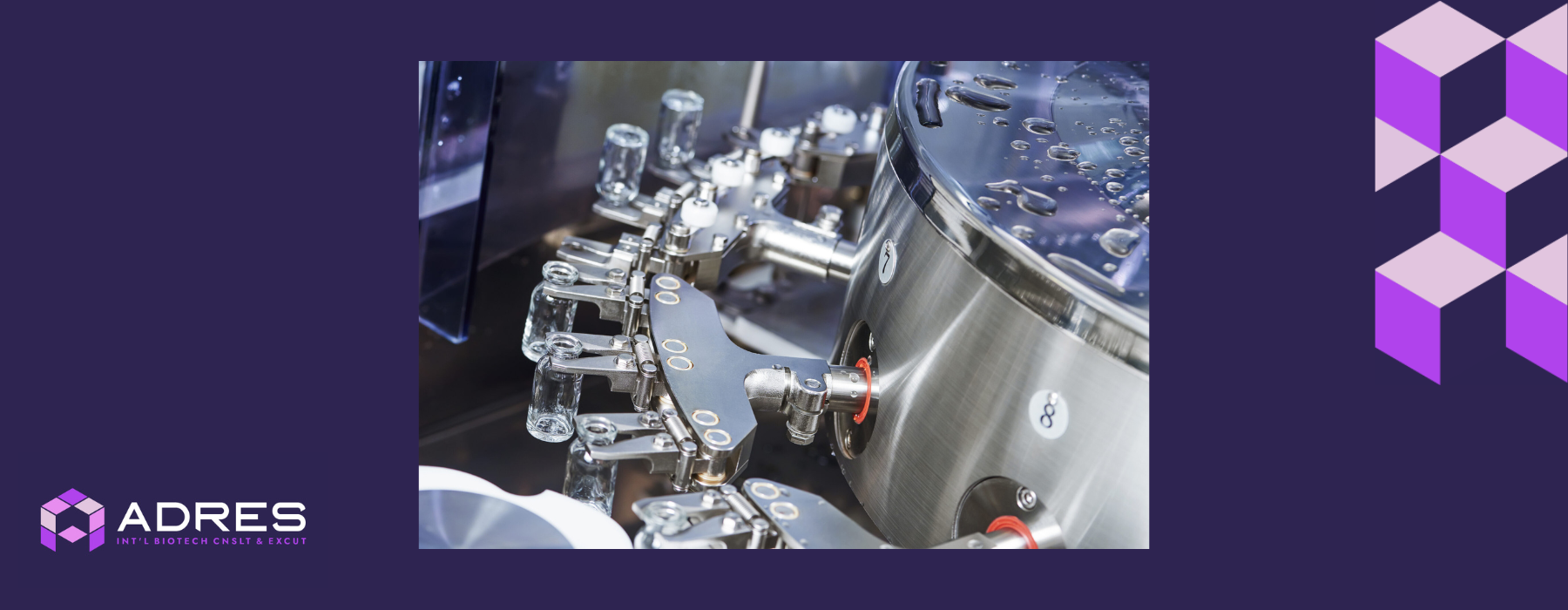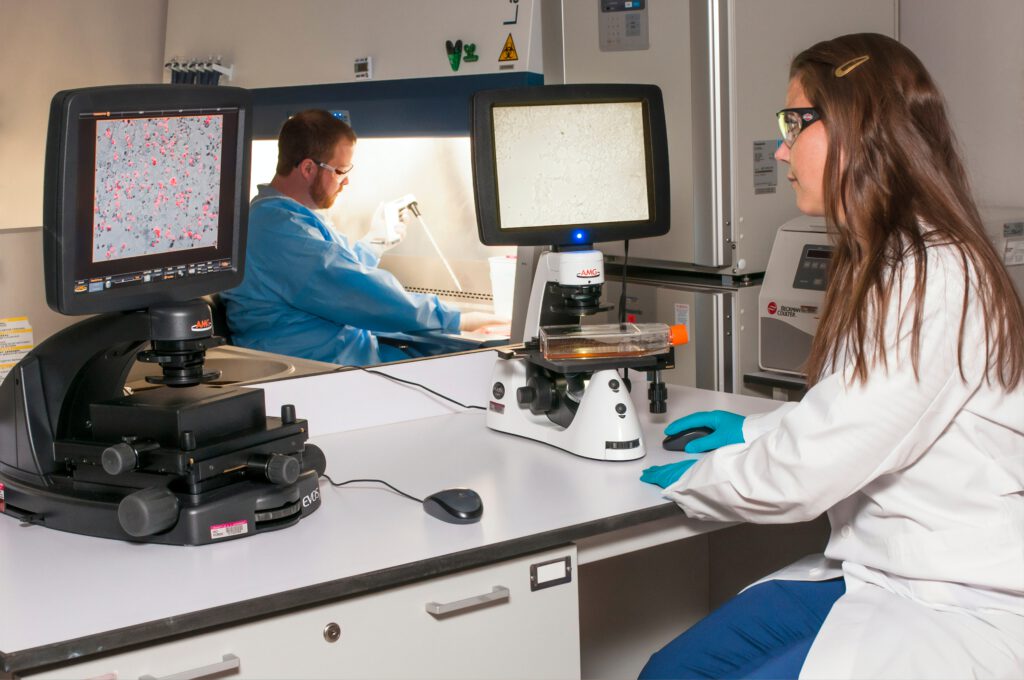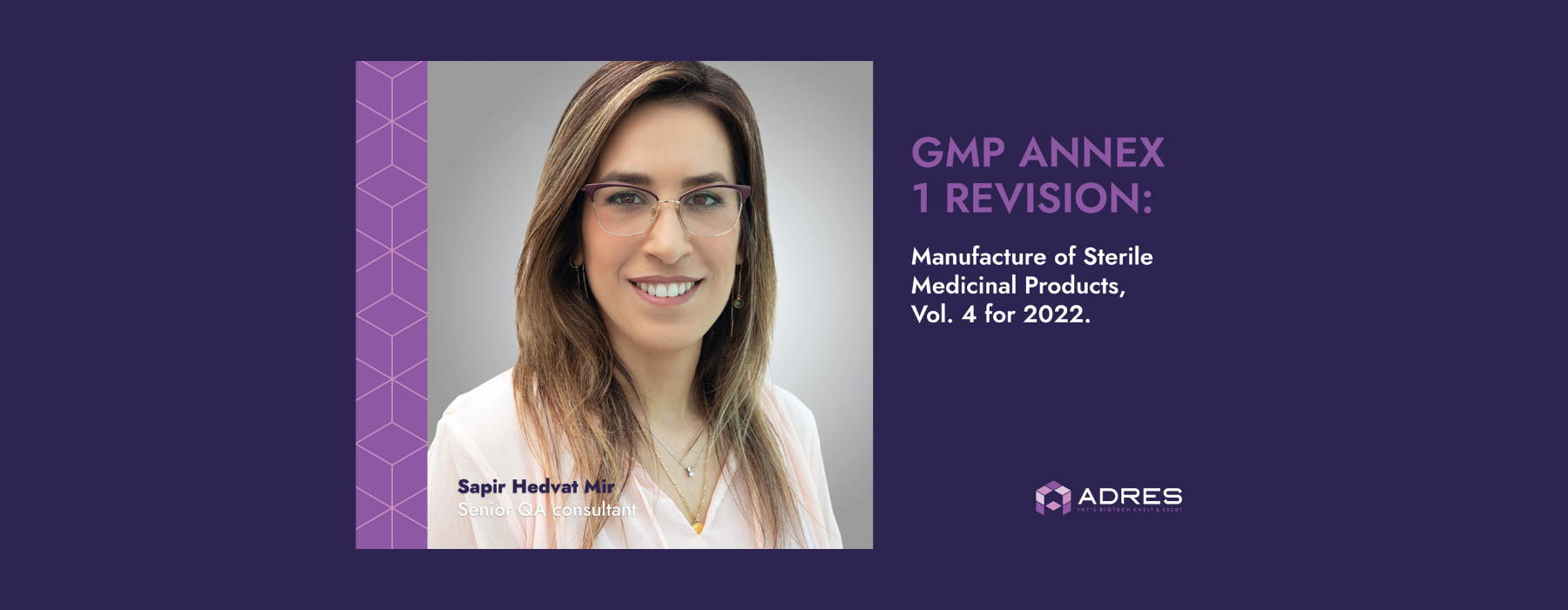Regulatory Consultation for Global Biotech Expansion
Expanding your biotech venture globally is an exciting journey. However, it comes with its own set of challenges, especially when it comes to navigating international regulations. This is where regulatory consultation becomes crucial. Let’s explore how it can facilitate your global expansion.
Navigating International Biotech Regulations
Each country has its own regulatory landscape, making international expansion a complex process. Understanding these diverse regulations is key to a successful global presence. Biopharma regulatory consulting can provide the expertise needed to navigate these complexities. They help ensure that your products meet the standards of each market you enter.
Strategies for Entering New Markets
Entering new markets requires a well-thought-out strategy. Start by researching the regulatory requirements of your target markets. Then, develop a plan that aligns with these regulations while considering cultural and market differences. Regulatory consultants can offer valuable insights into local regulations and help you tailor your approach accordingly.
Case Studies: Successful Global Expansions
Many biotech companies have successfully expanded globally with the help of regulatory consultation. For example, a biotech firm looking to enter the European market might partner with a consultancy like ADRES. With their expertise, the company can navigate the EU’s regulatory landscape, ensuring a smooth market entry and compliance with local standards.
Tips for Working with International Regulatory Bodies
Working with international regulatory bodies can be daunting. Here are some tips to make the process smoother:
- Understand the Local Regulatory Framework: Each country has its own set of rules. Make sure you have a clear understanding of these regulations.
- Build Relationships: Establishing a good rapport with regulatory bodies can facilitate smoother interactions and negotiations.
- Stay Informed: Regulations can change. Keep yourself updated on any changes in the regulatory landscape.
- Seek Expert Guidance: Regulatory consultants can provide invaluable support in navigating international regulations and liaising with regulatory bodies.
In conclusion, regulatory consultation is a vital component of global biotech expansion. It provides the expertise needed to navigate the complex landscape of international regulations, ensuring that your venture can successfully enter new markets and thrive on a global scale. By following these tips and leveraging the knowledge of regulatory consultants, you can set your biotech company up for international success.
If you have any questions or need further assistance, please feel free to reach out to us at https://adres.bio/contact-us.


